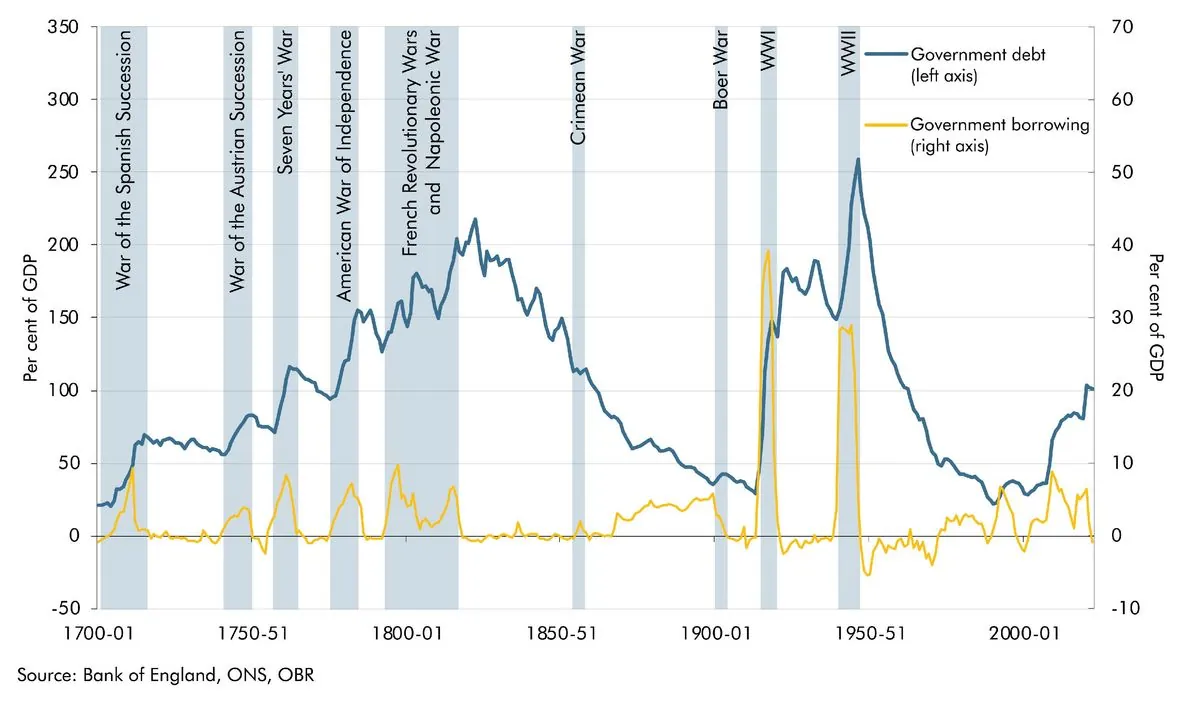Fast Food Linked to Rising Cancer Rates in Young Adults, Experts Warn
Oncologists raise alarm over increasing cancer cases in under-50s, attributing it to ultra-processed food consumption. Experts emphasize the crucial role of gut health in cancer prevention and overall well-being.

Recent findings have sparked concern among health professionals as cancer rates among individuals under 50 continue to rise. Dr. Nicholas DeVito, an oncologist at Duke University, attributes this alarming trend to the prevalence of fast food and ultra-processed foods (UPFs) in younger generations' diets.
Dr. DeVito observes that his younger patients consistently rely on such diets, which he believes alters the gut microbiome, potentially increasing cancer vulnerability. This observation aligns with numerous studies linking high consumption of UPFs to various cancer types, including colorectal, breast, and pancreatic cancers.
The human gut microbiome, a complex ecosystem of trillions of microorganisms, plays a crucial role in overall health. Remarkably, about 70% of the immune system is located in the gut, highlighting its significance in disease prevention. Diet can rapidly influence this delicate balance, with changes occurring within 24 hours of consumption.
Dr. Frankie Jackson-Spence, a clinical research fellow in oncology, explains two potential mechanisms by which UPFs may harm the gut:
- Chemicals in these foods might damage beneficial microbes, reducing diversity.
- A diet high in UPFs likely lacks the variety needed for optimal gut health.
Research suggests that consuming 30 different types of plants weekly supports gut microbiome diversity. However, relying on pre-packaged meals often fails to provide this variety, potentially compromising gut health.

The gut-cancer connection is further emphasized by recent findings suggesting that the gut microbiome and its metabolites could account for approximately 20% of cancers. This underscores the importance of maintaining a healthy gut through proper nutrition.
To improve gut health and potentially reduce cancer risk, experts recommend:
- Increasing intake of whole foods
- Consuming a variety of plant-based foods weekly
- Including pulses like lentils and chickpeas daily
- Incorporating omega-3 rich foods such as salmon and nuts
- Ensuring adequate fiber intake from wholegrains and vegetables
It's worth noting that the gut microbiome is unique to each individual, much like a fingerprint. This personalized aspect of gut health emphasizes the need for tailored dietary approaches.
While the exact safe consumption level of UPFs remains unclear, focusing on whole foods and home-cooked meals is advisable. Experts caution against excessive consumption of processed red meats, alcohol, and foods containing emulsifiers, which may disrupt gut health.
"While the rates of some types of cancer are declining, several gastrointestinal cancers are on the rise among people under age 50. Even more worrisome: particularly in bile duct and stomach cancer, the rate increases with each younger generation."
As research continues to unveil the intricate relationships between diet, gut health, and cancer risk, the message becomes clear: prioritizing a diverse, whole-food diet may be key to reducing cancer risk and promoting overall well-being, especially among younger generations.


































